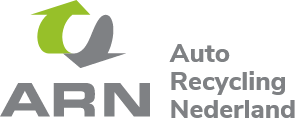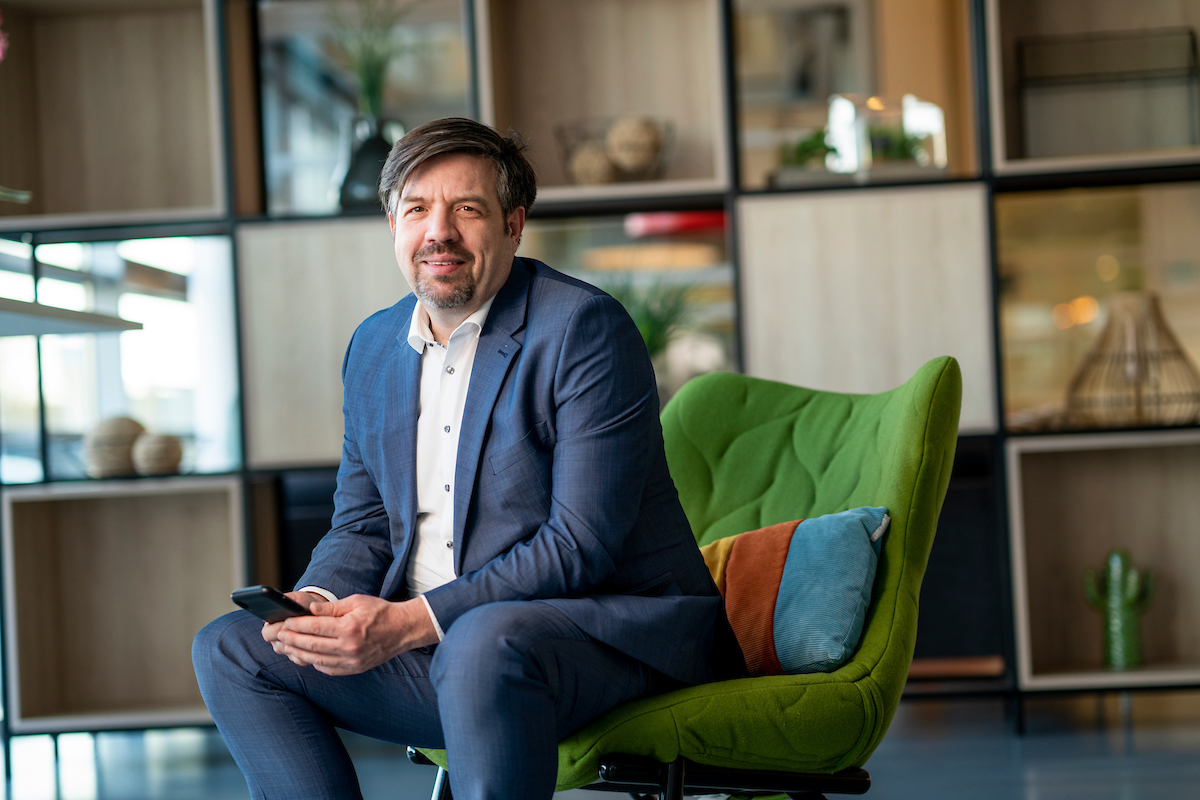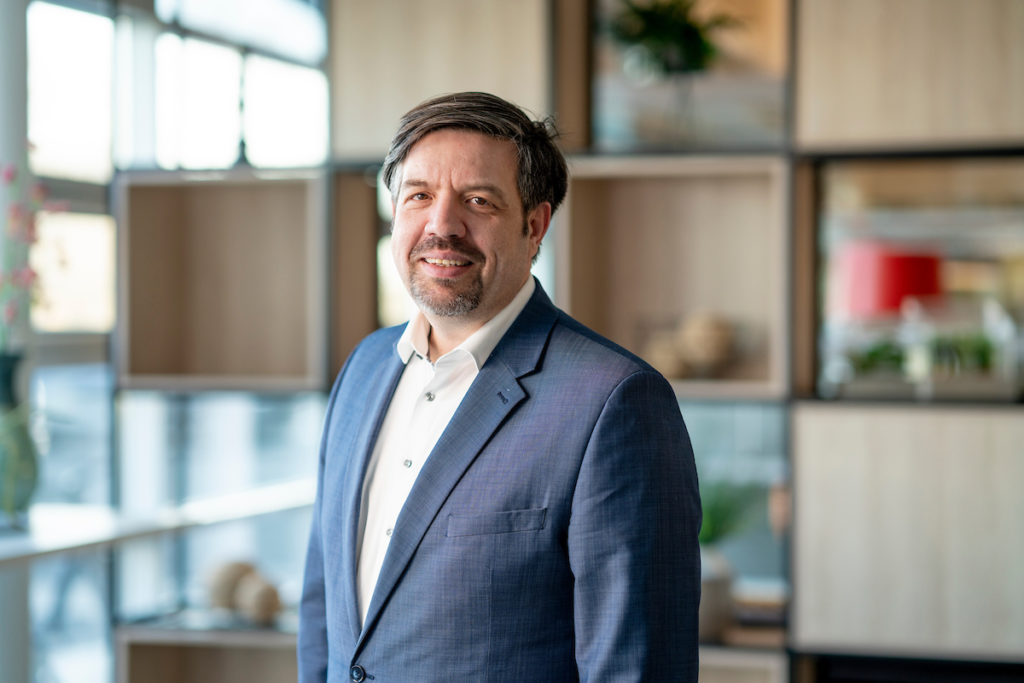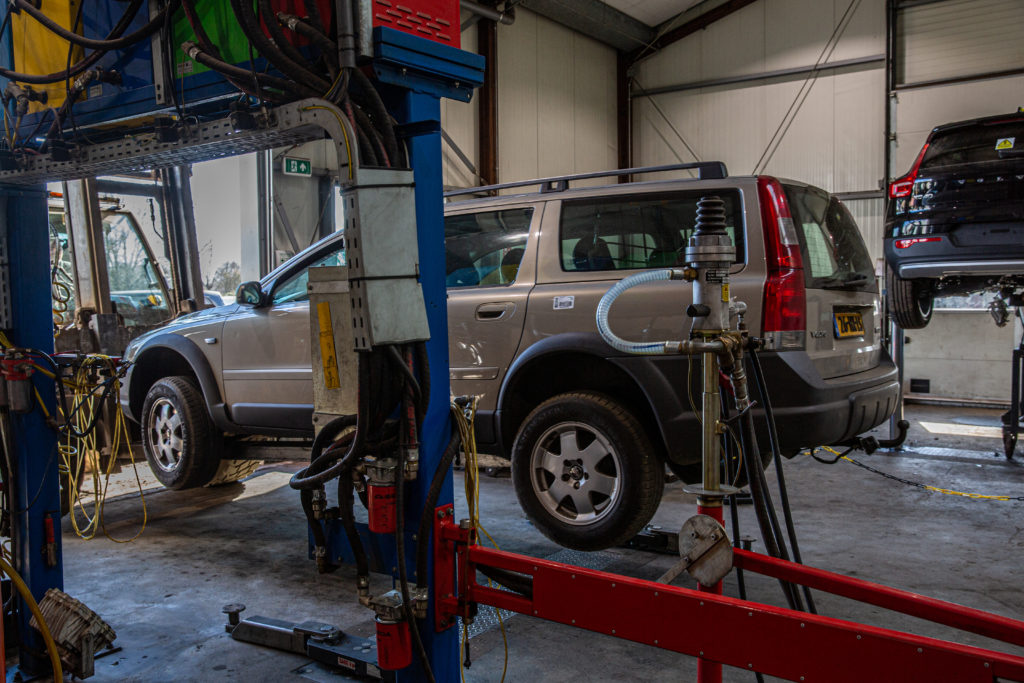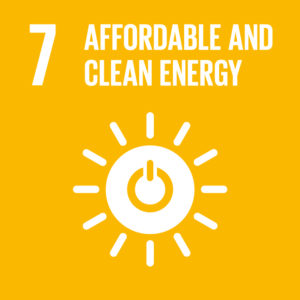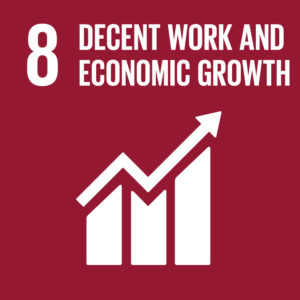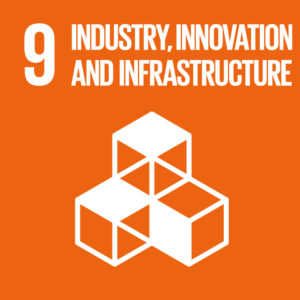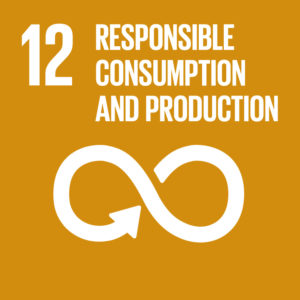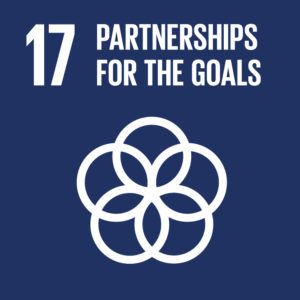Paul Dietz, new managing director at ARN
“Dialogue and understanding, that’s what it’s all about”
From April 18, 2022, Paul Dietz will be taking over as ARN’s new managing director. He brings with him many years’ experience in managerial processes and project management, so he’s certainly no stranger to overcoming momentum and getting things done. “And I’m looking forward to meeting the challenges facing the recycling sector!”
Ingrid Niessing’s successor, Paul Dietz has just turned 50. Having being trained as an automotive engineer, it’s hardly surprising that at home in his garage he likes to tinker with classic cars, Minis to be exact. “I regularly put my 1973 Mini on the vehicle lift,” he says. “And not many hobbyists can say they have their own vehicle lift at home. It’s both nice-to-have and very convenient.”
A position at the heart of car recycling is a perfect fit for him, he insists. “After training as an automotive technician, I did a stint at a Mercedes dealer. Then, several years later I joined the management at the Netherlands’ RDW department, where I always appreciated the many advantages my technical background gave me. I’m hardly what you’d call a specialist, but I’m quick to pick up on technical issues, which I’m sure will come up regularly at ARN.”
Wealth of experience
Dietz brings with him to Breukelen a wealth of experience. After holding various managerial positions at the RDW, including Division Manager Supervision and Assessment, the switch to ARN comes at exactly the right moment. “For me, ARN represents a wonderful opportunity. Given the role of the organisation and the challenges currently facing the recycling chain, this is a fantastic position in which I’m really looking forward to making a difference.”
The way he plans to tackle the significant challenges facing the sector is by moving forward in a relaxed manner, listening carefully and taking everyone’s interests and possibilities into account. “If all parties in the chain are transparent and understand one another’s interests, we’ll have already hit the ground running,” he says. “Dialogue and understanding, that’s what it’s all about for me. I genuinely feel that if you can understand each other’s position in a problem you are already half-way towards solving it. In that respect I hope to be able to make an important contribution.”
ARN is a wonderful opportunity. The role of the organisation, the challenges facing the recycling chain: it is a great place to which I am happy to contribute
Paul Dietz
Managing Director ARN commencing April 18, 2022
Deflating hot-air balloons
What about conflicting interests? “Generally speaking there are two schools of thought: one feels that recycling should not cost too much, while the other believes that quality is worth investing in – with countless variations between the two. This is a challenge that I will relish taking on together.” With him as the bridge builder? “At the beginning, yes. If we want to move forward in the longer term, we’ll need to find each other at the outset. Identify the occasional hot-air balloons and deflate them together when the need arises. We’ll also need to put serious topics on the agenda, and take them seriously.”
Dietz intends to play an active role in all this. With an opinion, with ideas, and all the while giving people the space they need. “I am very curious by nature, opinionated too, but always within the realms of reality. I want to stimulate people in the recycling chain at the right times to also look at the other side of the coin, and to understand it.”
Impressed
When pushed respectfully for his views on recycling and the circular economy, Dietz confesses that he’s still doing a lot of reading up at the moment, not yet out of his probationary period. “But I’m impressed by ARN as an organisation. A lot has happened these past few years and Ingrid Niessing really is passing on a formidable institution. I’m also impressed by the thought-through manner in which ARN works with three future scenarios: the conventional car; the connected car; and the circular car. It’s no longer just about today and tomorrow: a lot of thought has also gone into the longer-term future. I can also identify with these scenarios, with the circular car being the most intriguing and appealing for me. It’s certainly not inconceivable that a disruptive company will come along soon and hit the spot with a fully circular car. A car that may cost a bit more, but one that people will be willing to pay for. Who will take the chance though?”
We are becoming increasingly aware that if we are not careful, the world’s resources will run out. That is partly why recycling is so important, because that way we can recover these raw materials again
Paul Dietz
Managing Director ARN commencing April 18, 2022
Running out of natural resources
Looking ahead 10 years, Dietz acknowledges that we are becoming increasingly aware that if we don’t take more care we will be in danger of exhausting the world’s natural resources. “It’s partly for this reason that recycling, which enables us to recover some of these resources, has become so important. For a long time, topics such as sustainability and the environment were labelled as ‘difficult’ by the automotive sector. Fortunately, we are now well-past that stage. We can no longer circumvent the fact that we must look at our world from a more long-term perspective.”
Poor reputation
In the court of public opinion Dietz concedes that the car invariably takes a regular beating. “It’s true that we need to do some work on our reputation, but I reckon that being able to recycle as much as 98.7 per cent of end-of-life vehicles is something to be really proud of. The Netherlands and ARN are frontrunners in this respect. I am impressed by what has been achieved in 25 years, as well as the positive associations that many parties have with ARN, both inside and outside the chain.”
Biggest challenge
When asked about the biggest challenge facing ARN, Dietz doesn’t hesitate. “During the coming years, electric cars and their drive batteries will have to be recycled in large numbers. I’ve been driving electric for almost five years now and, looking around me on my commute to and from Breukelen, I’m impressed by how many electric cars there are on the road. It won’t be that long before all those battery packs will have to be recycled to a high standard. As a sector we are, of course, already preparing for this.”
Sustainable Development Goals
For the fourth year, ARN is benchmarking itself against the Sustainable Development Goals (SDGs) with the motto ‘lean and green’ in mind.
